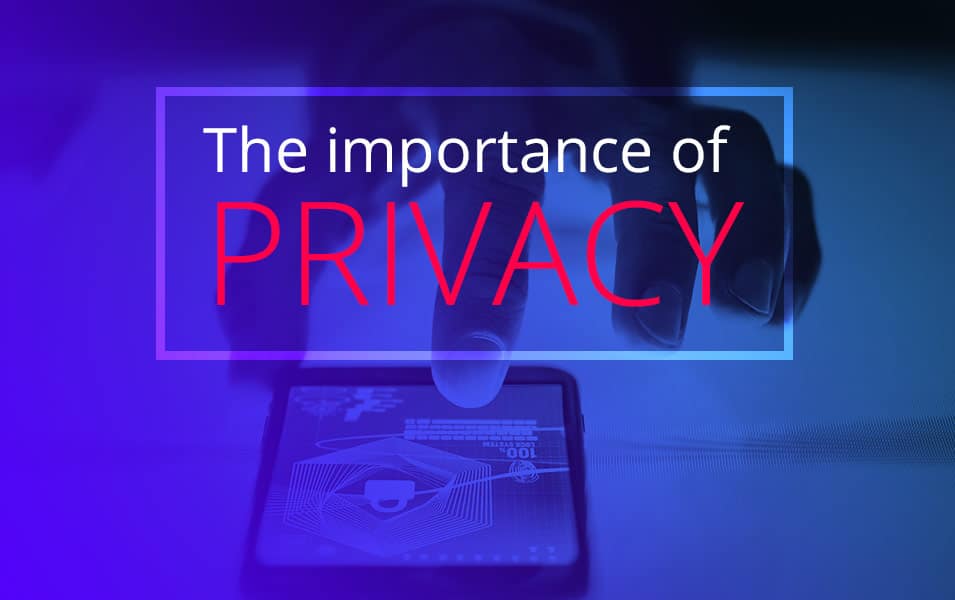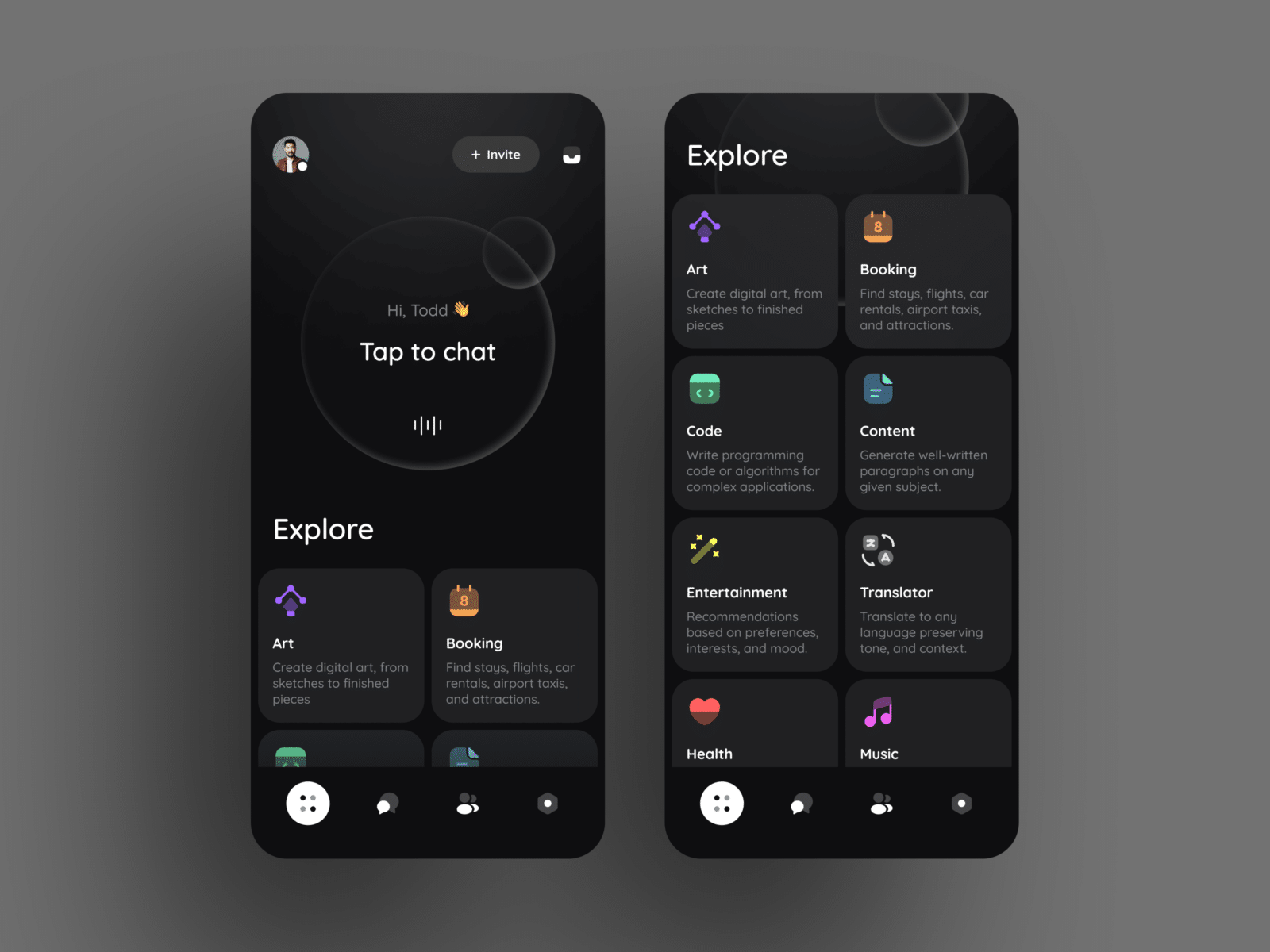Today the world has gone online. Every individual, business or organization that does not use apps is either non-existent or on the way to oblivion. Being online has its ups and downs. On the ups side you’ll get access to a global audience just by the tap of your phone screen but on the flip side is the issue of privacy. This is an issue that has a strong influence on people’s perception about the privacy of their online info.
Certainly, you must be aware of the Cambridge Analytica fiasco with Facebook. Cambridge Analytica was able to do something unprecedented; they gained access to a whole 50 million plus Facebook profiles courtesy of some generous data sharing policies that Facebook app developers were aware of back in 2014. This data was apparently used to influence the results of the presidential elections in the US as well as the Brexit campaign in 2016. These are not the only cases of breach of online privacy but at least they are well-known examples of how your online privacy can be compromised for political and, not to mention, economic reasons.
What is online privacy?
- In the context of app design and development, it means the ability of the app users to know how their personal info is collected, used and shared and to exercise control and choice of how it’s used.
Personal information includes but is not limited to the following:
i) Data you collect directly from your app users via the application process (name, date of birth, address etc.)
ii) Data you gather indirectly e.g. mobile phone number, UDID or IMEI.
iii) User-generated info such as messages, emails, photos, videos, and call logs.
iv) Data gathered about your user’s behavior such as web-browsing data, location data or any other applications used but which are linked to a specific profile and much more.
Until recently when the dangers of accessing personal info online become clear, most users didn’t mind providing some basic personal information in exchange for the convenience availed by these apps.
It is thus not surprising that consumers are becoming ever so wary of the security (or lack of it) of the info they share with online companies. This becomes even more crucial if the app is developed by amateur app designers and even the expert app designers who need some vital tips to safeguard the online privacy of these app users.
This brings us to the crucial question: What exactly are some of these issues that individuals and businesses have about their online privacy and what can you, as an app development company can do about it?
Priority Number One is Your App Users
By users in this context, we are talking about individual users with mobile devices. With that sorted out, the world today has well over 3.5 billion smartphone users who have well over 7 million apps it’s no wonder that there is full of apprehension about the safety of private info shared with all these app development companies. Why? Most of these apps seek permission to access the user’s calls, cameras, location and much more. Now, for you to have your users as a priority as far as online privacy is concerned what do you have to do?
i) Help Users Manage Their Own Privacy
Make your users know of the apps privacy default settings. Moreover, like it or not, a significant number of your users will reuse passwords they use elsewhere in their online activity. The simple reason is that most of them have the absent-minded-professor syndrome; they find it hard to remember numerous passwords so they opt for the same old password they are used to. But unfortunately, this makes it even easier for the bad guys to access their precious online data.
Sadly, some app developers even require users to use their email to access the service. This makes it even far much easier for the wrong guys to access the email address of their victim on a regular basis. A password manager helps your users to users to generate strong passwords to access your site. It stores these passwords in an encrypted vault that uses a single password. This ensures your users’ passwords are uncrackable.
It would also help a lot to ask your users to set a different password; one they have never used before and will never use online in the future. This is one way of keeping the unwanted guys at bay. In any case, since you anticipate users will use the app, again and again, they should use a password they will always remember.
Enable authentication every time a user logs in to your app. Having a two-factor or two-step authentication offers an extra layer of security. It requires two pieces of information in every login attempt: the account password and a confirmation maybe via SMS. This ensures that even if some clever fellows discover the password they still need to access the users’ mobile device in order to successfully login into the app.
ii) Be Transparent
A crucial aspect of enhancing user confidence and trust is being open with them and let them know the following: Who is collecting and using their personal info, why is this information being used, what personal info is being shared with whom and for what reasons.
Priority Number Two is the Business
Always bear in mind that by running an app you are actually running a business. Of course like any other business, your business must remain afloat if you are going to make and sustain any gains made. Though you might actually be tempted to take some shortcuts to reduce the pressure and the cost of setting up and running this enterprise, the best thing is to resist these temptations.
Successful apps will also reflect your willingness to fight for your customers’ privacy. If you compromise on your integrity as an app development company you’ll be on your way to losing your end users and be open to enormous penalties by the regulators. Don’t allow yourself to be in this kind of scenario: simply act in line with the interests of your customers. Your core values should be transparency and integrity without which your app will gain nothing positive in the marketplace.
It’s therefore important to check the regulations governing your kind of app in your area of operation. The reason is that there are regional variations in these regulations so it’s not possible to come up with one set of universal regulations to suit all apps. In case you are not sure of the regulations relevant to your needs, there are numerous resources and online companies that can guide you through the process. Always do your best to safeguard your app users’ online privacy.












